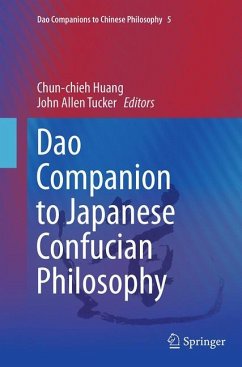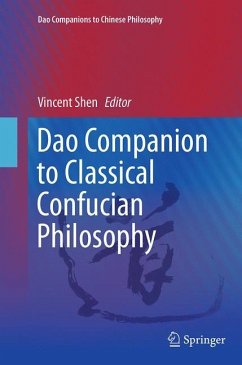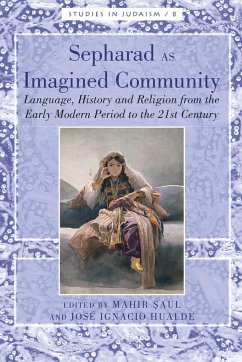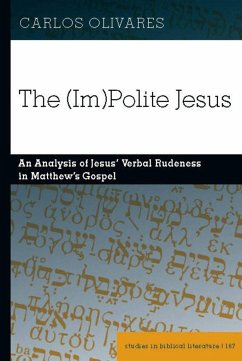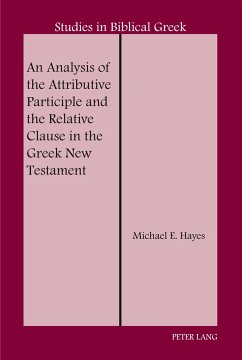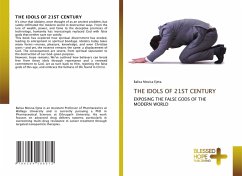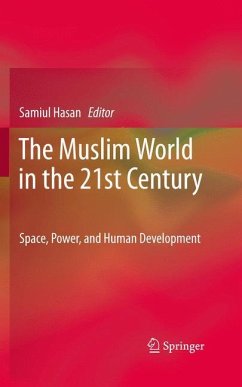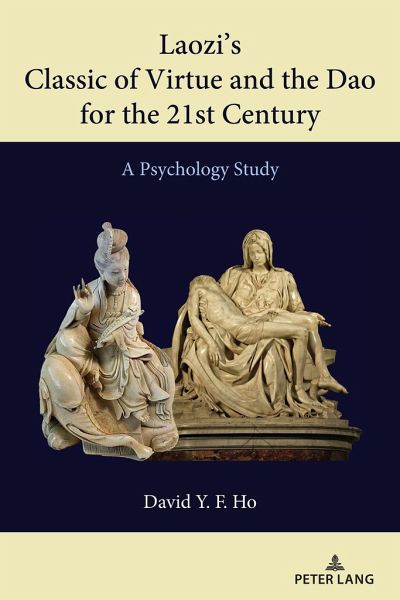
Laozi's Classic of Virtue and the Dao for the 21st Century
A Psychology Study
Versandkostenfrei!
Versandfertig in 6-10 Tagen
41,95 €
inkl. MwSt.
Weitere Ausgaben:

PAYBACK Punkte
0 °P sammeln!
A number of features mark this book apart from others. There is simply no book currently available on Daoism (Taoism) written primarily from a psychological perspective, covering topics on Laozi's sociopolitical and psychological thoughts and their points of contact with Western psychology, particularly that of Carl Jung.The book comprises an in-depth introduction and a considered translation of Laozi's classic on virtue and the Dao (Way). The introduction covers Daoism as the counterculture in China and beyond; the originality and distinctiveness of Laozi's thoughts; the classic's influence a...
A number of features mark this book apart from others. There is simply no book currently available on Daoism (Taoism) written primarily from a psychological perspective, covering topics on Laozi's sociopolitical and psychological thoughts and their points of contact with Western psychology, particularly that of Carl Jung.
The book comprises an in-depth introduction and a considered translation of Laozi's classic on virtue and the Dao (Way). The introduction covers Daoism as the counterculture in China and beyond; the originality and distinctiveness of Laozi's thoughts; the classic's influence and contemporary relevance to life in the 21st century; and insights on bilingualism that the author gained in the process of translation.
The book contains the very first English translation of the Beida Laozi (Peking University Laozi), in which the chapters on virtue precede those on the Dao. Accordingly, the classic is renamed The Classic of Virtue and the Dao. The author has given his best to honor both accuracy and poetic beauty by paying great attention to diction, clarity, and economy of expression.
The Classic of Virtue and the Dao is one of the most creative and thought-provoking texts of antiquity. All of the 77 chapters of the classic are categorized into 13 thematic groups, each of which begins with an introduction. This would make it easier for the reader to grasp its major viewpoints and concepts, such as virtue, humility, and selflessness. Titles for individual chapters, as well as comments and notes, have also been added.
The book comprises an in-depth introduction and a considered translation of Laozi's classic on virtue and the Dao (Way). The introduction covers Daoism as the counterculture in China and beyond; the originality and distinctiveness of Laozi's thoughts; the classic's influence and contemporary relevance to life in the 21st century; and insights on bilingualism that the author gained in the process of translation.
The book contains the very first English translation of the Beida Laozi (Peking University Laozi), in which the chapters on virtue precede those on the Dao. Accordingly, the classic is renamed The Classic of Virtue and the Dao. The author has given his best to honor both accuracy and poetic beauty by paying great attention to diction, clarity, and economy of expression.
The Classic of Virtue and the Dao is one of the most creative and thought-provoking texts of antiquity. All of the 77 chapters of the classic are categorized into 13 thematic groups, each of which begins with an introduction. This would make it easier for the reader to grasp its major viewpoints and concepts, such as virtue, humility, and selflessness. Titles for individual chapters, as well as comments and notes, have also been added.





